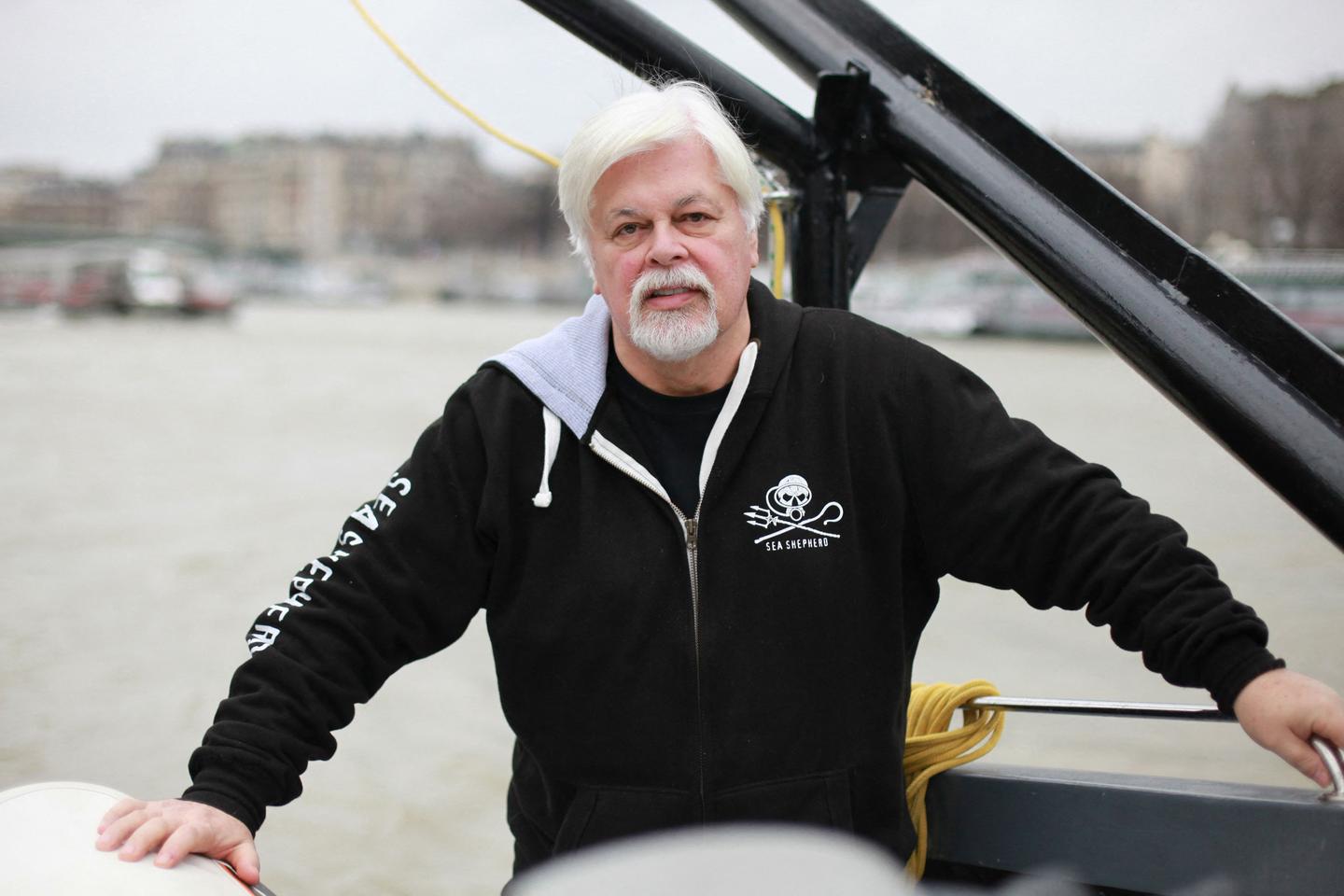


A Greenland appeals court on Tuesday, August 20 upheld a lower court ruling ordering US-Canadian anti-whaling activist Paul Watson to be held in custody until September 5 pending a decision on his possible extradition to Japan.
"Greenland's High Court has today upheld the (lower) court's decision to detain the founder of the Captain Paul Watson Foundation, Paul Watson," Greenland Police said in a statement. Watson, who is wanted by Japan over a 2010 confrontation with a whaling ship, had appealed the lower court's August 15 ruling.
The 73-year-old activist was arrested in Nuuk, the capital of the autonomous Danish territory, in July based on a 2012 Interpol arrest warrant issued by Japan, which accuses him of causing damage to one of its whaling ships in 2010 in the Antarctic and causing injury.
Watson, who was featured in the reality TV series Whale Wars, founded Sea Shepherd and the Captain Paul Watson Foundation (CPWF), is known for radical tactics including confrontations with whaling ships at sea. Japan has accused Watson of injuring a Japanese crew member with a stink bomb intended to disrupt the whalers' activities in 2010.
'Facts that are plainly wrong'
Watson's lawyer Julie Stage has called for his immediate release, arguing that he is innocent and that the extradition request "is based on facts that are plainly wrong". She told AFP prior to his August 15 custody hearing that footage from Whale Wars showed that the crew member concerned "was not even present when the stink bomb was thrown."
The August 15 hearing was however solely about Watson's custody detention and not the question of his guilt nor the extradition request. The decision about his extradition will be taken independently.
Greenland police must first decide whether there is a basis for extradition, after which the Danish justice ministry will decide whether or not to proceed with an extradition. No date has been announced for those decisions.
Sea Shepherd told AFP in a statement on Tuesday that Watson's lawyers would apply to the Danish Appeals Permission Board to take the question of Watson's detention to Denmark's Supreme Court, insisting that the "conditions for detention were not fulfilled."
